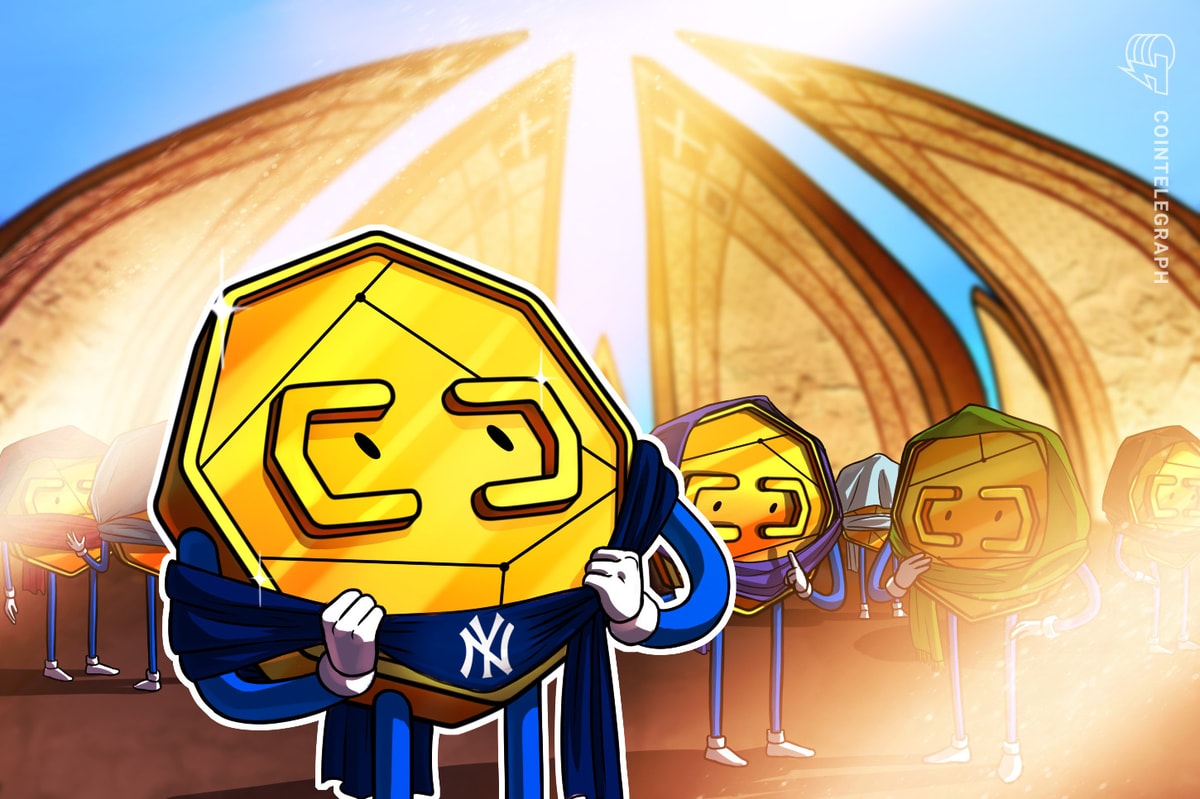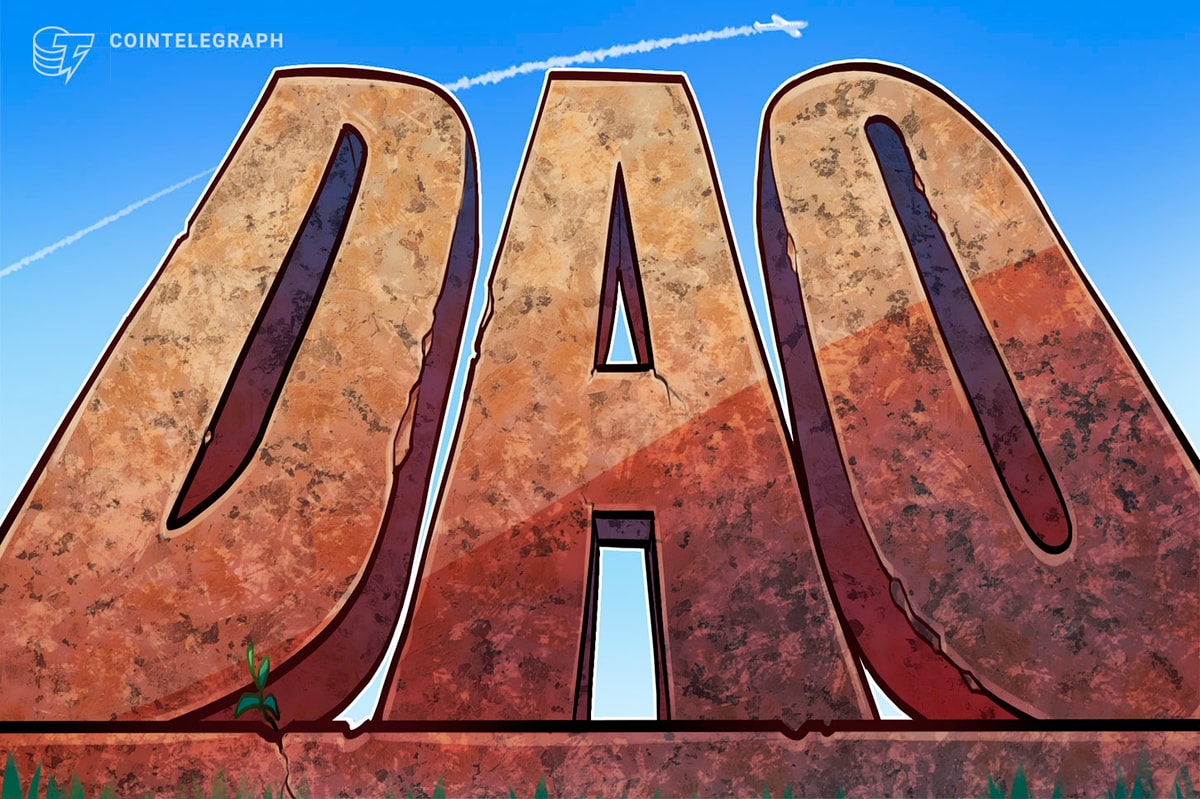With companies spending fortunes on digitisation, cybersecurity has become a grappling issue in India and needs stringent measures to deal with. Lifestyle and entertainment websites have recently been the main focus of cyber hackers. To understand the reasons behind it, we got in touch with Nandakishore Harikumar, CEO, Technisanct. Excerpts from the interview:
Lifestyle and entertainment websites have recently been targeted by hackers. Why is that so?
Lifestyle and entertainment are two industries where a lot of consumer data are available. It’s the same case with the travel industry too. It’s a dynamic space. Daily volumes are high and this data is a gold mine for many hacker groups. At least the user will be using these apps for just random checks and the majority of users sign up to these platforms with accurate information due to loyalty-based activities.
What are the latest kinds of cyber-attacks that attackers are targeting?
During COVID wave we witnessed a lot of Individuals being targeted. Even now the first target could be an employee in an organization. Eventually, the weak link will fall into that kind of an attempt. We have seen a sudden rise in ransomware attacks in the last 2 years. Ransom demands on organisations have been drastically increasing.
Looking at the global scenario of cybersecurity, what are some lessons that India should take?
Indian companies always escape the loopholes of the Lack of Cyber Laws and regulatory acts. In India, the majority of companies deny and cover up their data breach. Once a data breach occurs, organizations should come publicly and inform the impacted parties. This will enable them to start with basic security practices. From the government Level, we have improved in the last 2 years. But Responsibility is something that many organisations learn.
Does having an antivirus help avoid cyber risks? What are some other myths?
Cyber security is not just installing antivirus or firewalls. It’s a combination of policies as well as small or big tools that could help people avert cyber-attacks. Antivirus and Firewalls are just basic steps. When it comes to best personal practices, it’s always advised to have secure passwords. Similarly using genuine software is also much needed. In many cases, people use third-party cracking solutions to activate pirated applications.
Cyber-attacks around pharma companies are on the rise. What are your thoughts on this?
In the last 6 months, we have seen more than 5 Pharma Giants from India being a victim of these kinds of Ransomware attacks and all of them are Public limited companies. But none have even acknowledged that. When we analyzed each of these breaches and the organization affected, we understood that most of them do not even have basic security practices. It’s not the budget that blocks them but its lack of decision. This could potentially result in a breach of confidentiality and to an extent will enable other competitors to know the trade secrets.
Brief us about your journey of you as an entrepreneur so far in the cybersecurity space and the turning point in your career.
In 2016, while doing regular research on Darkweb, I came across data belonging to someone who hails from a nearby town. They published his debit card details, his balance, and a lot much information. This was a point that proved to me that these kinds of scams are on our doorsteps.
Read More: news.google.com









 Bitcoin
Bitcoin  Ethereum
Ethereum  Tether
Tether  XRP
XRP  Solana
Solana  USDC
USDC  Dogecoin
Dogecoin  TRON
TRON  Cardano
Cardano  Lido Staked Ether
Lido Staked Ether  Wrapped Bitcoin
Wrapped Bitcoin  Hyperliquid
Hyperliquid  Wrapped stETH
Wrapped stETH  Sui
Sui  Chainlink
Chainlink  LEO Token
LEO Token  Avalanche
Avalanche  Stellar
Stellar  Toncoin
Toncoin  Bitcoin Cash
Bitcoin Cash  Shiba Inu
Shiba Inu  USDS
USDS  Hedera
Hedera  WETH
WETH  Litecoin
Litecoin  Wrapped eETH
Wrapped eETH  Binance Bridged USDT (BNB Smart Chain)
Binance Bridged USDT (BNB Smart Chain)  Monero
Monero  Polkadot
Polkadot  Ethena USDe
Ethena USDe  Bitget Token
Bitget Token  Pepe
Pepe  Coinbase Wrapped BTC
Coinbase Wrapped BTC  Pi Network
Pi Network  WhiteBIT Coin
WhiteBIT Coin  Aave
Aave  Uniswap
Uniswap  Dai
Dai  Ethena Staked USDe
Ethena Staked USDe  Bittensor
Bittensor  OKB
OKB  Cronos
Cronos  Aptos
Aptos  BlackRock USD Institutional Digital Liquidity Fund
BlackRock USD Institutional Digital Liquidity Fund  NEAR Protocol
NEAR Protocol  Jito Staked SOL
Jito Staked SOL  Internet Computer
Internet Computer  Ondo
Ondo  Ethereum Classic
Ethereum Classic